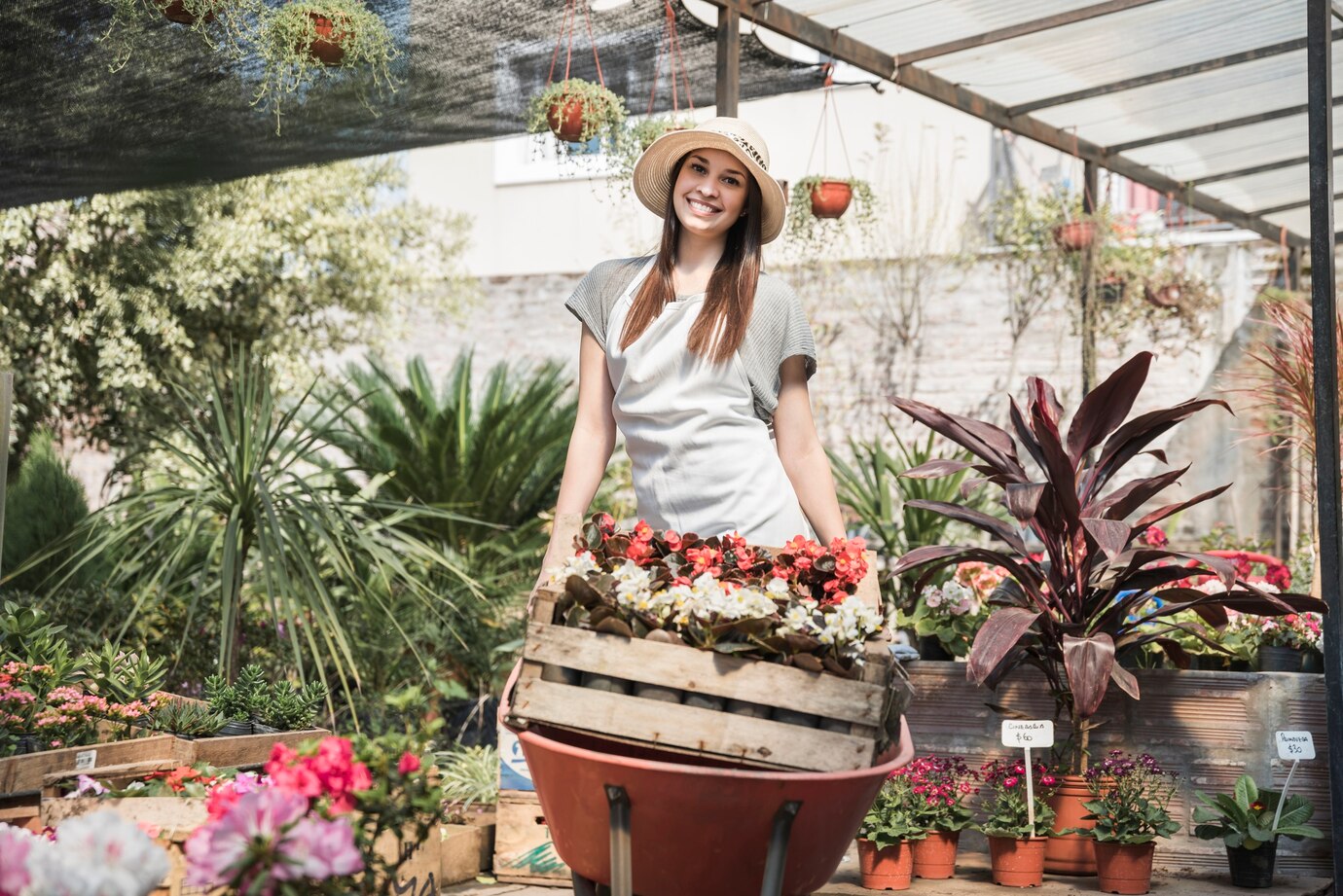Gardening is not only a rewarding hobby but also a therapeutic and fulfilling activity that allows you to connect with nature and cultivate beautiful green spaces. If you’re new to gardening, getting started can seem daunting, but with the right knowledge and guidance, anyone can develop a green thumb and grow their own plants successfully. In this beginner’s guide to gardening, we’ll explore essential tips and techniques to help you embark on your gardening journey and nurture thriving plants.
1. Start with the Basics
Before diving into the world of gardening, it’s essential to familiarize yourself with the basics. Learn about different plant types, soil types, and growing conditions, and research which plants are suitable for your climate and location. Understanding the fundamentals of gardening will help you make informed decisions and set realistic expectations for your garden.
2. Choose the Right Location
Selecting the right location for your garden is crucial for the success of your plants. Choose a spot that receives ample sunlight (at least 6-8 hours per day) and has well-drained soil. Consider factors such as proximity to water sources, wind exposure, and potential obstacles such as trees or structures that may cast shade on your garden. Starting with a small, manageable garden plot will allow you to gain confidence and experience as you learn the ropes of gardening.
3. Invest in Quality Soil and Amendments
Healthy soil is the foundation of a successful garden, so it’s essential to invest in quality soil and soil amendments to provide your plants with the nutrients they need to thrive. Test your soil’s pH levels and amend it as needed with compost, organic matter, and fertilizer to create a fertile and nutrient-rich growing environment. Consider using raised beds or containers filled with potting mix for easier maintenance and better soil drainage.
4. Choose the Right Plants
When selecting plants for your garden, choose varieties that are well-suited to your growing conditions and gardening experience level. Start with easy-to-grow plants such as herbs, vegetables, and flowers that are resilient and forgiving to beginner gardeners. Consider factors such as plant size, growth habits, and maintenance requirements when choosing plants for your garden, and don’t be afraid to experiment with different varieties to see what works best for you.
5. Provide Adequate Watering and Maintenance
Proper watering is essential for the health and vitality of your plants, so it’s crucial to establish a regular watering routine and provide adequate moisture to your garden. Water plants deeply and thoroughly, ensuring that the soil is evenly moist but not waterlogged. Monitor your garden regularly for signs of pests, diseases, and nutrient deficiencies, and address any issues promptly to prevent further damage to your plants.
6. Practice Patience and Perseverance
Gardening is a journey of patience and perseverance, so it’s important to approach it with a positive attitude and realistic expectations. Understand that gardening is a learning process, and setbacks and failures are inevitable, especially for beginner gardeners. Don’t be discouraged by challenges or setbacks, but rather embrace them as opportunities to learn and grow as a gardener. With time, experience, and dedication, you’ll develop the skills and knowledge needed to become a successful gardener.
Cultivating Your Green Thumb
Starting a garden may seem intimidating at first, but with the right knowledge and guidance, anyone can develop a green thumb and grow their own plants successfully. By starting with the basics, choosing the right location, investing in quality soil, choosing the right plants, providing adequate watering and maintenance, and practicing patience and perseverance, you can embark on your gardening journey with confidence and enthusiasm. Whether you’re growing herbs on your windowsill or cultivating a backyard vegetable garden, gardening offers countless rewards and opportunities for connection with nature, creativity, and personal growth. So roll up your sleeves, dig in the dirt, and start cultivating your own garden oasis today!

